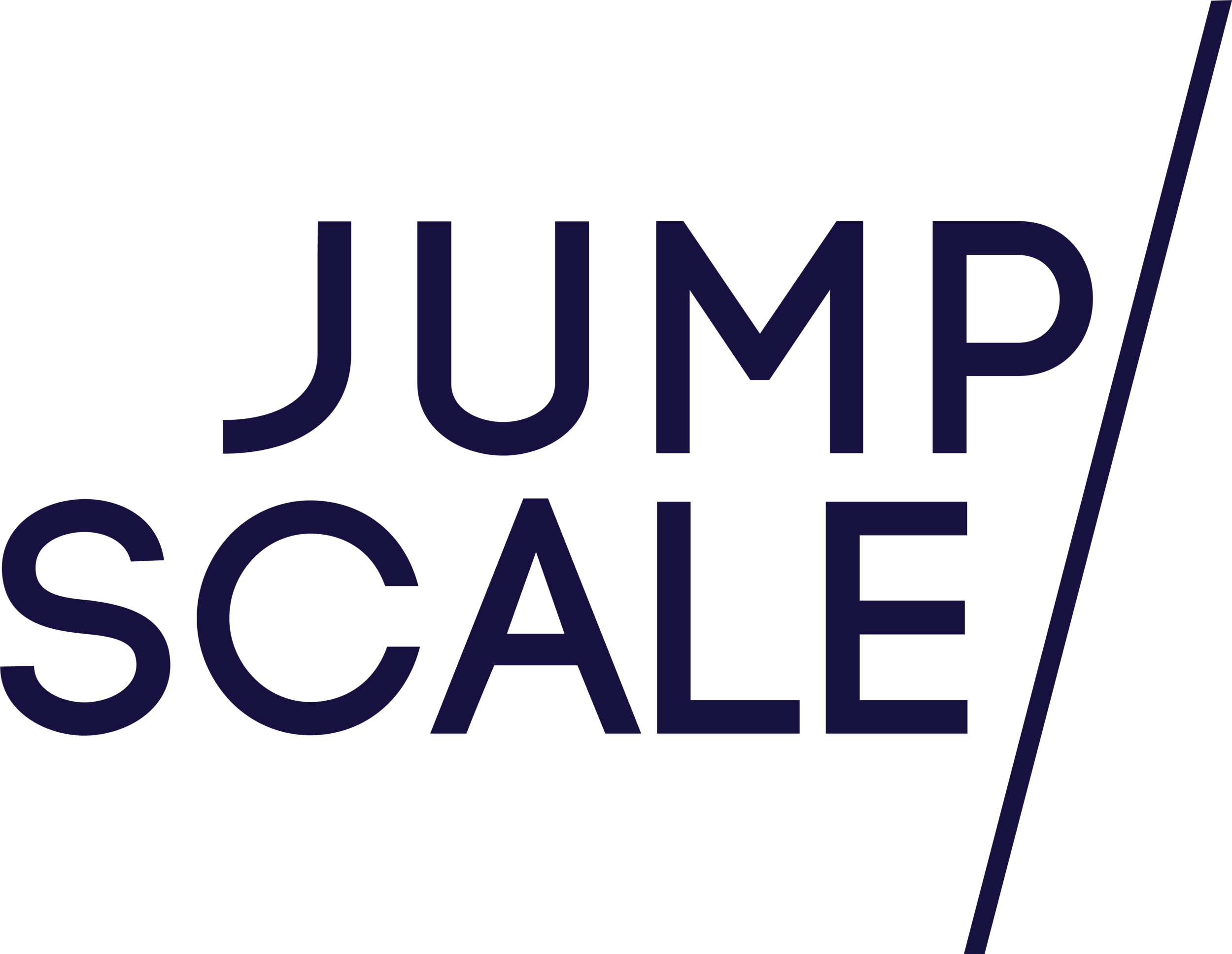Indigenous Capitalism at SOCAP 2020
JumpScale always has a strong presence at SOCAP, the world's leading conference bringing together the largest and most diverse community of social entrepreneurs, investors, and leaders working towards a more just and sustainable economy. In 2019, we sponsored the conference’s indigeneity track, and this year, JumpScale Senior Advisor Alexis Bunten, alongside Sikowis (Cristine) Nobiss and Nick Estes, was featured in SOCAP’s first fireside chat event. Alexis, Christine, and Nick shared their experience working within indigenous capitalism, and I found that the questions they posed and insights they shared followed me throughout the conference. The session is available to watch here.
I engaged with hundreds of investors, philanthropists, thought leaders, and entrepreneurs at SOCAP Virtual over October 19-23, and attending this virtual, socially distanced conference was the first opportunity I have had since joining the JumpScale team to broadly engage the impact space. I was able to reconnect with the industry since graduating from business school a few years ago, and after some time in the world of higher education, I was extremely grateful to be “back to business” and to connect with folks focused on transforming our world firsthand. The SOCAP sessions enabled me to develop a more nuanced understanding of the impact investing space, and I also witnessed familiar insights that we aim to foster through JumpScale:
Do not be afraid to ask big questions. Big, and I mean BIG questions were asked in all of the sessions I attended. These questions ranged from “What national and global systems must shift to generate equity?” and “Who develops solutions to systemic problems?” Fortunately, no one individual or group can, or should, answer these questions, which brings us to my next insight…
Those who experience challenges first-hand have the best solutions. Entrepreneurs know well that direct experience with a problem usually generates the best solution, and systemic challenges are no different. If investors and philanthropists want to play a role in solving a problem for a particular community, they should employ models of engagement that center community voices and prioritize community solutions.
Be aware of power dynamics and work to build lasting trust. The quote that has stuck with me in the weeks after the conference is “trust is hard to build and easy to break.” To effect real change, investors and philanthropists should understand that, when engaging communities, they hold the vast majority of the power--whether it be monetary, or in connections to political and industry leadership. Investors and philanthropists must be prepared to explicitly discuss this power imbalance with the community they wish to engage, and actively seek and use strategies to divest much of their power to the community.
Call on radical, regenerative models. Regenerative models and circular economies challenge our current economic status-quo by redistributing resources for the good of the many. These models also center community sovereignty and enable them to determine the solutions to their particular needs. These models might feel scary at first, after all, they require those with power and resources to give up some degree of control. However, we must all challenge ourselves to be the bravest, most community-centered servant leaders possible, as acting from a place of compassion and courage is the only way to uplift the dignity of all people.
Do you have insights or questions you would like to share with our team? Let us know at together@wejumpscale.com.
At JumpScale, we support impact investors and philanthropists with a human-centered and comprehensive approach to business and portfolio success. With our growing team and network of practitioners, we help ask the big questions, build trust and healthy relationships, and boost resilience. Learn more and sign up for a free consultation with us here.
Check out our other Content
Events • In the News • Podcast • Our Articles • Videos

